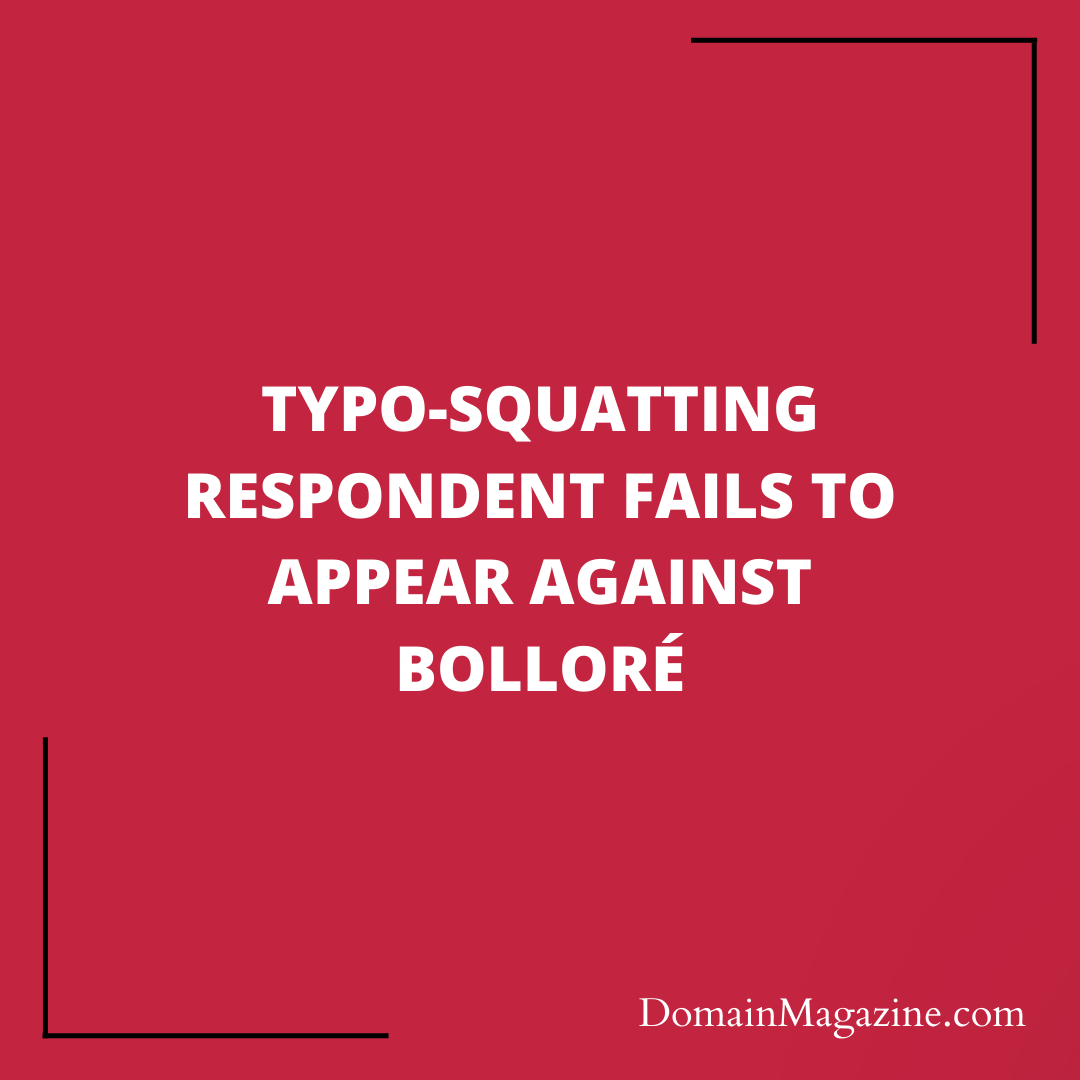In a recent case involving a disputed domain name, the global transportation and logistics giant, Bolloré, found itself facing a classic example of typo-squatting. The domain in question, BolloreLogistic.us, sparked a dispute that highlights the ongoing challenges in protecting trademarks in the online world. Let’s dive into the details of this intriguing case.

Background:
Founded way back in 1822, Bolloré is a heavyweight in the realms of transportation and logistics, communication and media, as well as electricity storage and solutions. With a staggering 56,000 employees worldwide, it’s one of the planet’s top 500 companies. Among its many subsidiaries is Bolloré Logistics, which operates in a whopping 146 countries. Bolloré has safeguarded its brand with trademark registrations, including WIPO and USPTO, and has been using the domain <bollorelogistics.com> since 2009.
Key Facts:
- On August 7, 2023, a domain named BolloreLogistic.us was registered.
- This disputed domain name is strikingly similar to Bolloré’s trademark, differing by just one letter and adding the “.us” top-level domain.
- Bolloré presented evidence of a pay-per-click website under the disputed domain, featuring links to various business-related services.
- The Respondent did not provide a response or defense against Bolloré’s claims.
- Bolloré’s evidence suggested that the Respondent likely had knowledge of their trademark when registering the disputed domain.
Panel’s Decision:
In a clear and straightforward decision, panelist Mr. Steven M. Levy, Esq., ruled in favor of Bolloré. Here are the key points behind the decision:
- The use of a typo-squatted domain to display pay-per-click links does not constitute a bona fide offering of goods or services.
- Bolloré presented compelling evidence, including screenshots and business statistics, to establish the reputation of their trademark.
- The disputed domain’s confusing similarity to Bolloré’s established domain and trademark led the panel to believe that the Respondent likely knew about Bolloré’s rights when registering it.
- Redirecting users to third-party goods or services via the disputed domain was seen as evidence of bad faith disruption and an attempt to profit commercially.
Conclusion:
In this case, Bolloré successfully defended its trademark against typo-squatting. The decision sends a clear message that attempts to capitalize on the reputation of established brands through such practices are not tolerated. It underscores the importance of protecting trademarks in the digital age, where domain disputes can have far-reaching consequences. This ruling serves as a reminder to individuals and entities to act responsibly and ethically when it comes to domain registrations, respecting the intellectual property rights of others.
Read the full case here: https://www.adrforum.com/domaindecisions/2057860.htm


Join the Discussion